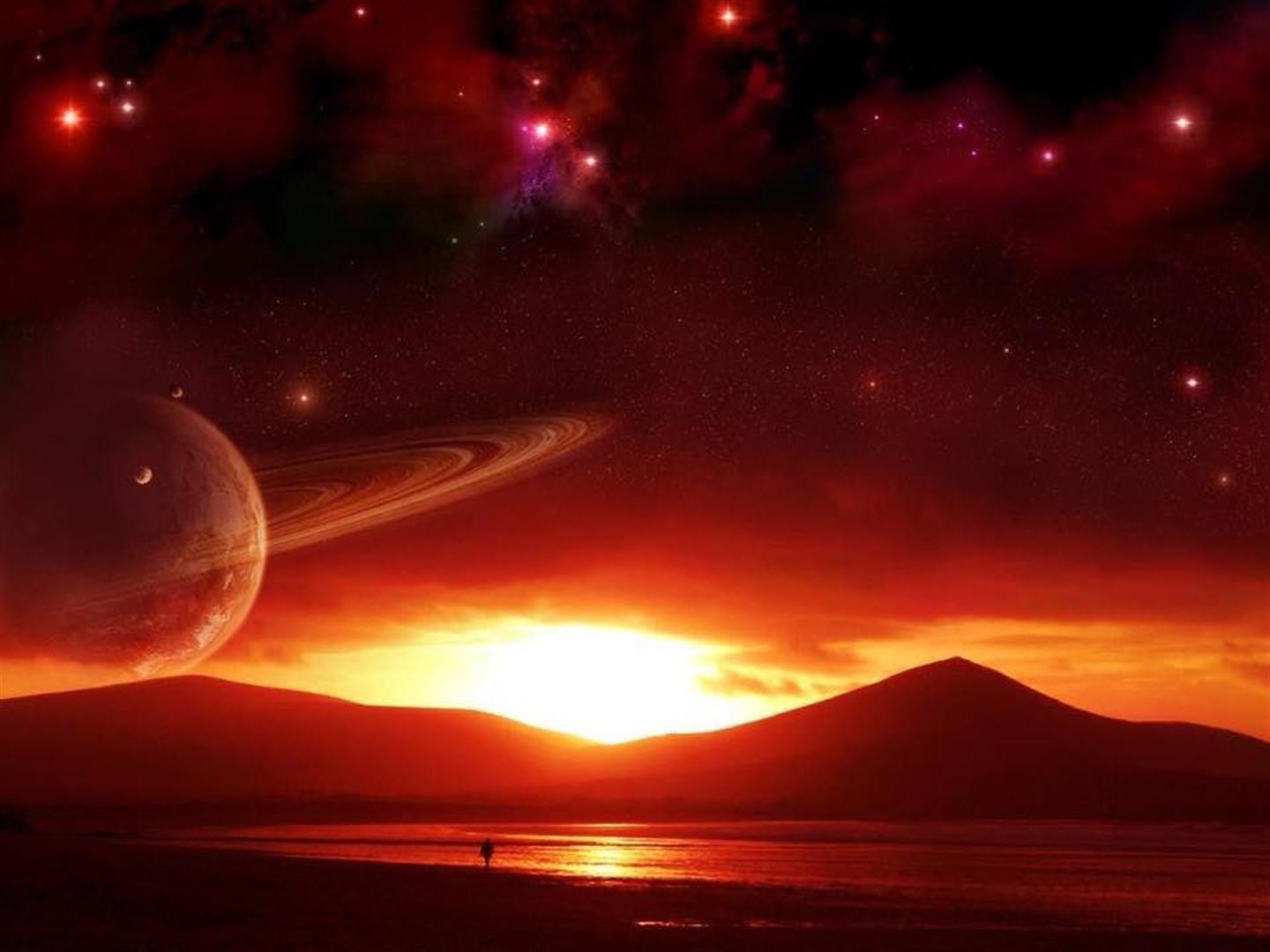LLAW’s All Things Nuclear #666, Wednesday, (06/19/2024)
End Nuclear Insanity Before Nuclear Insanity Ends Humanity”
What would our planet Earth look like after a nuclear WWIII and an eternal nuclear winter?
LLAW’s NUCLEAR ISSUES & COMMENTS, Wednesday, (06/19/2024)
This article from the European Leadership Network caught my eye today as I was glancing through the headlines, wondering why two of my categories had no articles at all in the ‘Nuclear Power Emergencies’ and the ‘Nuclear War Threats’ sections. (Yet there was a relatively rare Yellowstone story) Go figure . . .
This presentation from the “ELN” is depressing, of course, as are all presentations of every kind about nuclear war and particularly a WWIII, but this one underestimates the initial blow to humanity from the very beginning and points out the after-affects of humanity attempting to recover from something similar, but much gentler, than most depictions of what a nuclear WWIII would be like — more like just one nuclear bomb dropped on one or two major cities in one or two major countries — with no further retaliation (which would not be the case) allowing that country or two along with the rest of the human world a chance at recovery struggling to survive, which in and of itself should not be underestimated difficulties associated with ongoing life, but none of which which fits into most WWIII scenarios.
But the story is worth reading, considering, pondering over, and acknowledging that even then, we might never succeed in restoring humanity and our ‘old’ comfortable ways of life, nor would we deserve to . . . I wonder if our beautiful Mother Earth would survive. Given enough time, I believe She would recover and support a more deserving kind of life. ~llaw
The European Leadership Network (ELN)
How would humans react to nuclear catastrophe?
Adam Thomson |Director
Paul Ingram |Research affiliate at the University of Cambridge Centre for the Study of Existential Risk (CSER)
Most people prefer not to think about the worst that can happen. Even those who talk of World War Three experience a mental block about imagining the aftermath.
But decisions taken over nuclear posture and potentially the use of nuclear weapons must fully account for the consequences. Ignorance weakens deterrence and exacerbates risk. We don’t plan national resilience so well. We reduce the chances of national survival, or at least human civilisation’s survival. We make recovery from catastrophe that much harder.
Scientists have been analysing what the physical consequences of an all-out nuclear war would be. Would soot in the atmosphere trigger a nuclear winter? What effects would a nuclear electro-magnetic pulse have on IT systems? Could nuclear survivors grow enough food to live? They have even tried to estimate the number of fatalities arising from different scales of nuclear war, concluding that fatalities from famine and climatic effects would likely be far greater than those from direct effects.
But if the concern is around deterrence, resilience, the survival of civilisation, and recovery, something is missing from their analysis. The cascading damage to human relations – social, economic, and political – could be just as destructive as the physical consequences. These social, economic, and political factors have barely begun to feature in the research, and (with some exceptions) there is little planning within governments for the aftermath of a nuclear exchange.
We can guess that in the face of extreme hardship, there would be heroism, compassion, inventiveness, and efforts at recovery. We can hope that there might be statesmanship and collaboration. But there would also be anarchy and chaos, driven by fear, misinformation, and tribalism.
Our complex world is now more vulnerable than it was when nuclear weapons were used on Hiroshima and Nagasaki in 1945. The trains were running into Hiroshima within three days of the blast because nuclear radiation was not understood. Today, the fear of radiation is universal. It is easy to imagine that tens of millions would flee. It is harder to imagine borders being opened to them unless those borders were overwhelmed. Is Africa ready for the European migrant flood? Or Mexico for the American one?
Moreover, in 1945 only two cities were hit – with bombs relatively small by today’s standards. Each of the 40 or so UK nuclear warheads aboard a Trident submarine is more powerful by a factor of about six. There are thousands of weapons available to Russia and the US and hundreds to the other seven nuclear-armed states. The main nodes of civilisation in warring states – transport, shipping, energy, communications – might be hit multiple times.
Our highly interdependent modern systems of organisation, finance, and international trade mean that there are many more single points of failure. This risks triggering cascading disruptions through the value chains of the world’s economies.
At least 70% of global trade is in or with the North. Some 60% of the world’s servers are in the USA. The Euro-Atlantic and China account for over 50% of the world’s GDP. If all this were eliminated or massively disrupted, southern hemisphere societies might also implode.
Nuclear war would occur in the northern hemisphere. At least 70% of global trade is in or with the North. Some 60% of the world’s servers are in the USA. The Euro-Atlantic and China account for over 50% of the world’s GDP. If all this were eliminated or massively disrupted, southern hemisphere societies might also implode.
Even the leaderships within countries not immediately affected would experience severe challenges to governance – potentially without TV, radio, internet, social media, finances or even functioning economies. Evidence is mixed on how humans react when in mortal crisis. But it seems likely that those local communities that still retained some resources and capabilities would prioritise their own survival in possibly self-defeating protectionism.
The nature, scale, and longevity of climatic, radiation and electromagnetic pulse effects from a nuclear Armageddon would be harder to forecast than a pandemic or rising sea levels. And compared to climate change or a bio disaster its effects could be quite sudden and simultaneous, leaving little or no time for most of the international community to brace for the shock, let alone to adapt. Those areas unaffected directly by blast and radiation would need rapidly to anticipate reduced sunlight and cascading socio-economic impacts and take emergency action.
In summary, no communities, no corner of the planet would be immune. The second and third-order human effects could be massive. This includes vast population displacements, sudden disruptions to ordinary ways of life in countries far removed from the conflict, extreme dislocations of economies, acute tensions between affected nations, and significant loss of leadership and coordination capacity. Human civilisation might continue. But it could be a pale shadow, constrained, localised, and diminished.
So, what to do?
Avoiding nuclear catastrophe in the first place is the best answer. However, better understanding the full consequences of failure would enable us to factor the risk into our strategies going forward. ~Adam Thomson and Paul Ingram
ABOUT THE FOLLOWING ACCESS TO “LLAW’S ALL THINGS NUCLEAR” RELATED MEDIA:
There are 6 categories, including a bonus non-nuclear category for news about the Yellowstone caldera and other volcanic and caldera activity around the world that play an important role in humanity’s lives, as do ‘all things nuclear’ for you to pick from, usually with up to 3 links in each category about the most important media stories in each category, but sometimes fewer and occasionally even none (especially so with the Yellowstone Caldera). The Categories are listed below in their usual order:
All Things Nuclear
Nuclear Power
Nuclear Power Emergencies (no stories today)
Nuclear War
Nuclear War Threats (no stories today)
Yellowstone Caldera (Note: There is one Yellowstone Caldera bonus story available in this evening’s Post.)
Whenever there is an underlined link to a Category media news story, if you press or click on the link provided, you no longer have to cut and paste to your web browser, since this Post’s link will take you directly to the article in your browser.
A current Digest of major nuclear media headlines with automated links is listed below by nuclear Category (in the above listed order). If a Category heading does not appear in the daily news Digest, it means there was no news reported from this Category today. Generally, the three best articles in each Category from around the nuclear world(s) are Posted. Occasionally, if a Post is important enough, it may be listed in multiple Categories.
TODAY’S NUCLEAR WORLD’S NEWS, Wednesday, (06/19/2024)
All Things Nuclear
NEWS
What to expect out of Putin's visit to North Korea - WJCT News
WJCT News
It's also concerned about North Korea's nuclear program. ... Michael Levitt is a news assistant for All Things Considered who is based in Atlanta, ...
The Coalition's nuclear power plan offers the worst of all energy worlds - The Guardian
The Guardian
We are blessed in Australia with ideal resources of sunshine, wind and land for renewable generation. That is our big comparative advantage. But what ...
What to expect out of Putin's visit to North Korea - NPR
NPR
Welcome back to ALL THINGS CONSIDERED. ANGELA STENT: Great to be on ... It's also concerned about North Korea's nuclear program. It's not quite ...
Nuclear Power
NEWS
Senate sends package bolstering nuclear power sector to Biden's desk - The Hill
The Hill
The vote was 88-2. Sens. Ed Markey (D-Mass.) and Bernie Sanders (I-Vt.) opposed the measure.
U.S. Senate passes bill to support advanced nuclear energy deployment - Reuters
Reuters
... nuclear reactor technologies. Expanding nuclear power has broad bipartisan support, with Democrats seeing it as critical to decarbonizing the power ...
Peter Dutton names seven potential nuclear power station sites but avoids questions on cost
The Guardian
Peter Dutton has announced the Coalition proposes to build seven nuclear power plants and two proposed small modular reactors, but dodged questions ...
Nuclear War
NEWS
Is a nuclear conflict possible? - Al Jazeera
Al Jazeera
Nuclear warhead stockpiles have reduced since the peak of the Cold War. But soaring new expenditures beg the questions of why these countries are ...
Is a nuclear conflict possible? | Inside Story - YouTube
YouTube
spent by the world's nine nuclear-armed nations in a single year. Nuclear warhead stockpiles have reduced since the peak of the Cold War. But new ...
How would humans react to nuclear catastrophe? - European Leadership Network
European Leadership Network
Most analyses of the effects of nuclear war focus on the impacts in terms of casualties and climate shocks. But there would be many second-order ...
Yellowstone Caldera
NEWS
The YVO 2023 Annual Report Has Hit The Streets! - National Parks Traveler
National Parks Traveler
Editor's note: Yellowstone Caldera Chronicles is a weekly column written by scientists and collaborators of the Yellowstone Volcano Observatory.








